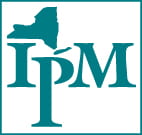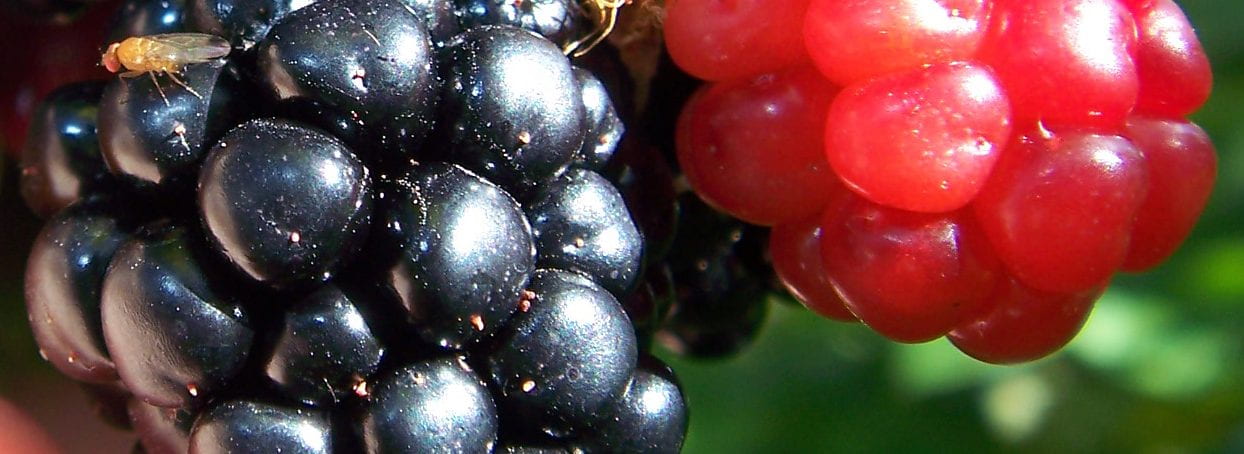
Native, non-weedy, shrub willow blooms in early spring, a time that is critical for pollinators because of the low availability of food sources. Shrub willow supports a large diversity of pollinators that feed on its abundant pollen. Research has shown that wild bees can be an important component of crop pollination. Also, diversified landscapes that can provide a continuous availability of food sources best support this community of wild pollinators.
With the decline of native bees, honey bees, and managed bumble bees, pollinator services provided by the agricultural landscape are increasingly important in the production of crops, like berries, that depend on pollination. By managing pollinator-friendly plants next to berry crops, you can enhance the services of wild pollinators and ensure adequate pollination of your berry crops, maximizing yield.
Proposed research in Horticulture and Entomology at Cornell University will involve planting and managing shrub willow next to berry crops to attract wild pollinators and then measuring the spillover effect of pollinators on berry yield — quantity and quality. As a preamble to this promising work, the scientists want to gather grower feedback on:
- the use of managed bees (honey bees and bumble bees) for pollination services in berries in NY
- the need for improving pollination services for berries in NY
- the likelihood of your adopting vegetation management strategies in non-crop areas to increase pollination.
Berry growers in NY — Please answer 10 questions in this brief, confidential Berry Pollinator Survey. No information will be shared without your permission.
The direct link to the Berry Pollinator Survey is: cornell.qualtrics.com/jfe/form/SV_2fuycOLqpAxuRVP
Want to try out the shrub willow to feed your pollinators in early spring and be a part of this research effort? The research is currently focusing on strawberry production in NY State. Contact Eric Fabio, esf56@cornell.edu, to find out what's possible!
This post was contributed by Eric Fabio, Postdoctoral Associate, Horticulture, School of Integrative Plant Science, Cornell University. Eric is located at Cornell AgriTech, Geneva, NY.

